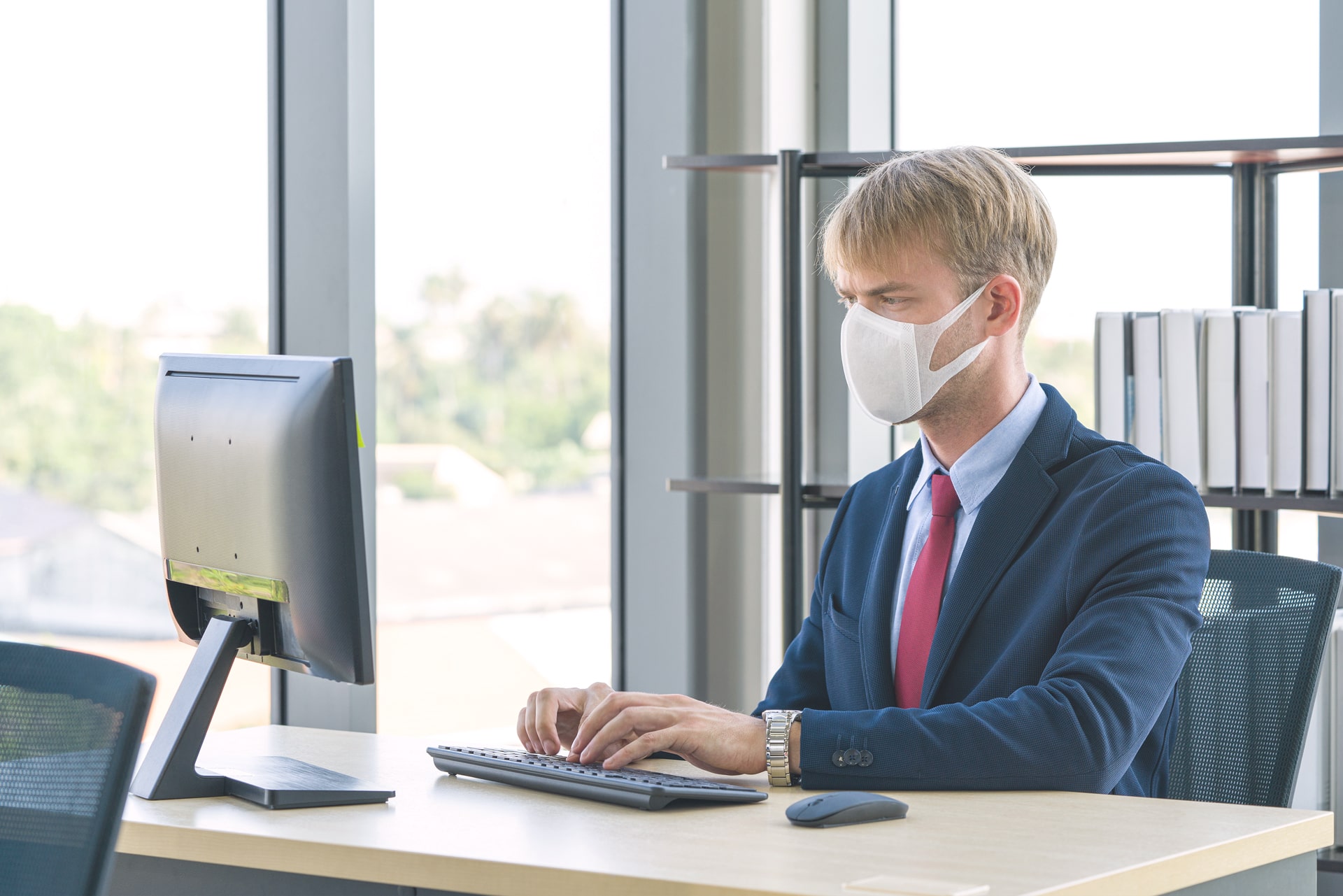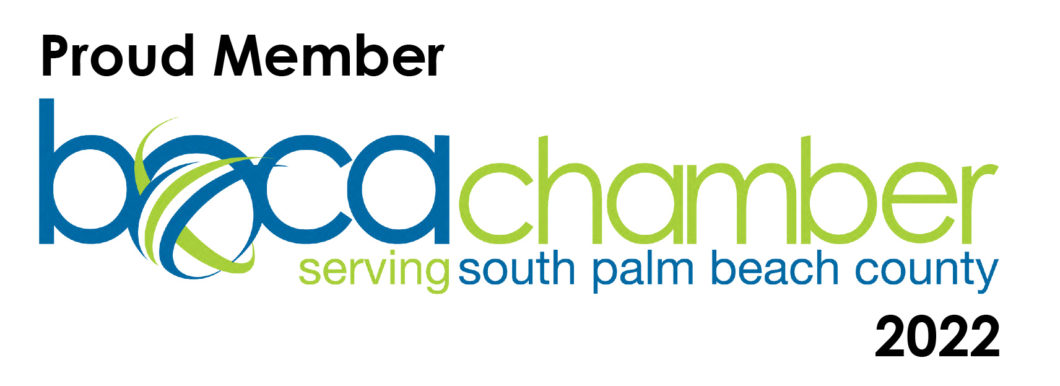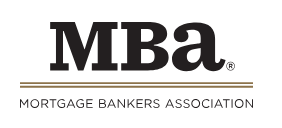On May 18, Governor DeSantis issued executive order No. 20-123 with guidance on a Phase 1 reopening of the state of Florida. The order includes information on reopening small businesses, beaches, gyms and fitness centers, golf courses, and retail establishments. This is great news for business owners of all types. But you may have questions about how to safely reopen, what you can do, and how to manage your reopening strategy.
We want to help. The first step to preparing to reopen safely is to understand the current orders in place so you can plan accordingly. That’s why we are breaking down the executive order and offer some tips to get your business back running – with everyone’s safety in mind.
What’s Covered Under State Executive Order No. 20-123?
According to townofpalmbeach.com, Governor DeSantis has laid out a rephasing plan for the state in Order No. 20-123. In Palm Beach County, there are plans in place as well.
- Limited reopening of restaurants with a maximum occupancy of 50% for indoor dining and minimum of 6 feet in social distancing for outdoor dining. No more than 10 people can be seated at a table, and counter or bar top seating is prohibited. For indoor seating, spacing between tables should exceed 6 feet so that patrons can move safely between tables.
- Limited reopening of retail establishments, museums, and libraries at 50% of maximum occupancy.
- Limited reopening of gyms and fitness centers at 50% of maximum occupancy
These plans are in addition to the previous Order 20-112, which strongly encouraged limited personal interactions outside the home. Senior citizens and those with underlying health issues are strongly encouraged to stay home and avoid unnecessary exposure in public places.
What Are Reopening Orders in Palm Beach County?
In Palm Beach County, orders have allowed for several provisions, including:
Order No. 2020-6
- Reopening all public, municipal, and private beaches, including beach parks from sunset to sunrise
- Beginning May 26, town beaches may open for active uses. Passive activities, including sunbathing, lounging on towels, blankets, chairs, etc., grilling, and congregating in groups of more than 10 are prohibited. No coolers are permitted.
Order No. 2020-7
- This amendment allows Palm Beach County recreational facilities to permit the use of golf course practice facilities, golf lessons, doubles tennis, and other recreational activities.
Order No. 2020-8
- This amendment recommends that all persons working in, patronizing, or those who are present in grocery stores, restaurants (not seated), pharmacies, construction sites, vehicles for hire, and locations where social distancing measures are not possible should wear face coverings.
How to Prepare to Reopen Your Business or Facility
If you own a small business such as a retail establishment, a restaurant, or a fitness center, you are now able to reopen your business at 50% maximum occupancy. It is up to you to establish a reopening strategy that makes sense for your business. The last thing you want is to unnecessarily expose potential customers to COVID-19. However, what you do want is to be able to serve your customers and begin to return to a normal business structure.
Here are some tips to prepare you to reopen safely.
- Learn everything you can about the latest COVID-19 information. Research reputable sources and seek out federal guidelines for safety precautions. The CDC recommends that anyone in public wear a facial covering to help prevent the spread of COVID-19. Learn more about the types of facial coverings the CDC recommends, and plan for your staff to wear them. You may also choose to offer facial coverings for any customers who show up without them, or develop a plan to turn away customers who do not wear a covering.
- Learn the finer details of federal, state, and local reopening guidelines. Be sure that the moment you reopen your doors, you are following every guidance. This will help you to protect your patrons, while also ensuring that you are protected from litigation, should a patron claim exposure due to your business practices.
- Develop a strategy that protects personal safety and follows reopening procedures. Create a detailed written plan that you can present to anyone who may ask now or in the future. You should include plans for the following:
- Hygiene practices. How often will your staff wash their hands? How will you manage sanitization and cleaning procedures? If your business includes the use of public equipment or tools, how will you maintain the cleanliness of those items? If you are in the restaurant business, will you use takeout silverware and paper menus to reduce touchpoints between customers?
- Protective equipment. How will you ensure your staff is protected? Will you enforce facial coverings, gloves, or other protective gear?
- Social distancing. How will you enforce 6 feet of distance between customers, and ensure that you do not exceed 50% of maximum occupancy?
- Health monitoring. How will you monitor the health of your employees and manage those who may have symptoms of COVID-19? What is your contingency plan should you face a positive case of COVID-19 in your establishment?
- Determine what your business absolutely needs to survive right now. Just because you can reopen at 50% maximum occupancy right now, doesn’t mean you have to. If you don’t have a strong strategy in place, or you or your staff do not feel comfortable continuing on with business as usual, consider an alternative reopening approach. What does your business need to survive? How can you get creative to serve your customers with convenience and safety in mind?
These are questions that only you, as the business owner, can answer. Once you have a plan in place, consider consulting with a professional business attorney for a second opinion. An attorney can help identify areas of weakness in your strategy. They can also help to develop a contingency plan that meets the unique needs of your industry.
At Lubliner Law, we have a staff of knowledgeable attorneys ready to assist. Give us a call at 561-207-2018. We’re here to help.






